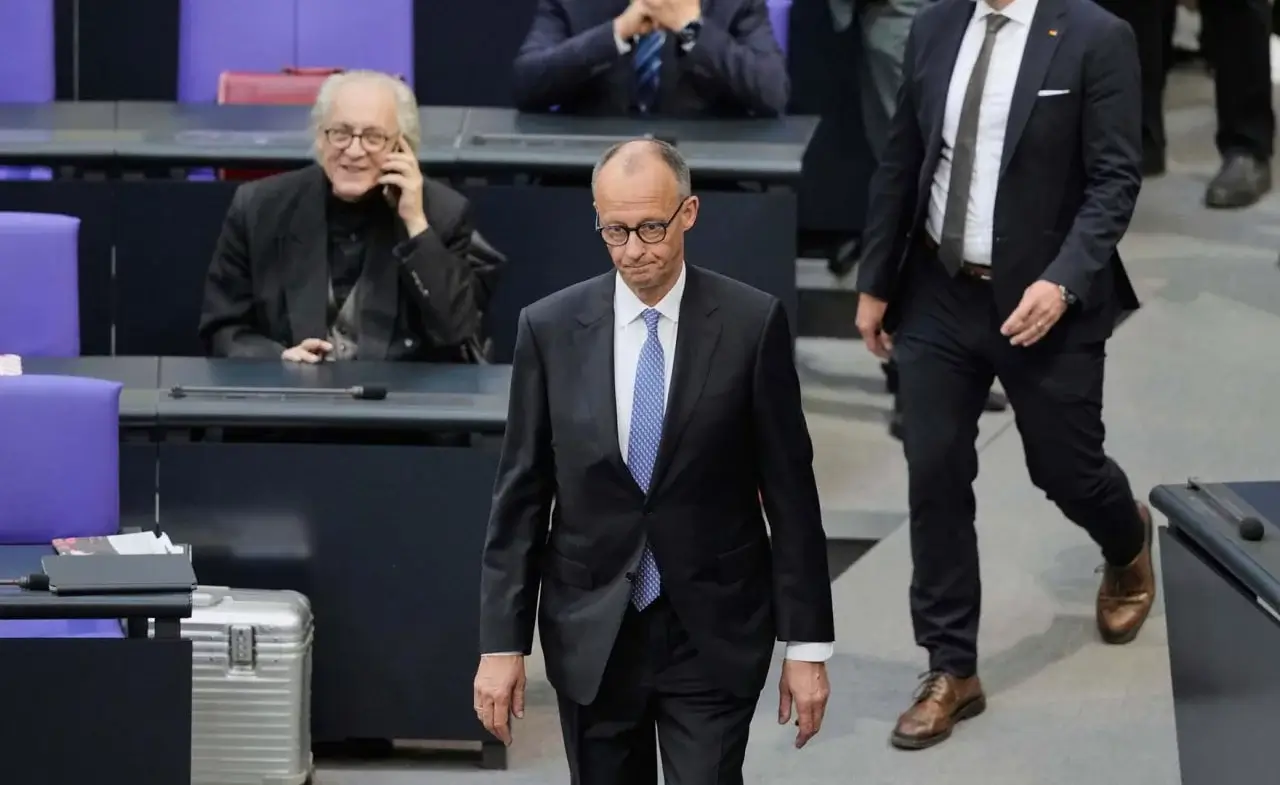Political crisis in Germany: Friedrich Merz failed to gather enough votes to become chancellor

Friedrich Merz, the leader of the conservative bloc CDU/CSU, one of Germany's leading political forces, failed to collect the required number of votes to become Chancellor of the country. The voting process in the Bundestag was fiercely contested among the deputies.
According to the results of the first vote, Merz's candidacy was supported by 310 deputies, while 307 deputies voted against his candidacy. An absolute majority of deputies - 316 votes - was needed to be elected Chancellor of Germany. Thus, Merz fell just 6 votes short of this threshold and, as a result, could not be elected Chancellor in the first round.
Now, the German parliament is forced to hold another vote in two weeks. This process itself can be repeated several times, since the number of votes is not limited. However, in any case, a majority of 316 votes is required to become the final winner.
If Friedrich Merz or any other candidate fails to secure the required number of votes in the next two weeks, Germany will move on to a runoff election in the Bundestag. If no candidate secures 316 votes in this round, German President Frank-Walter Steinmeier will have to intervene personally.
According to German law, President Steinmeier can appoint the candidate who receives the most votes as chancellor in this round or dissolve the Bundestag and call early parliamentary elections.
It should be recalled that in the parliamentary elections held at the end of February this year, the conservative bloc CDU/CSU (Christian Democratic Union/Christian Social Union) came in first place with the most votes. The results of these elections made the bloc's leader Friedrich Merz the main candidate for the chancellorship.
If 69-year-old politician Friedrich Merz is elected to this position, it is expected that significant changes will occur in Germany's domestic and foreign policy. However, given the current situation, the political uncertainty in the country is likely to increase further.
Experts say that the current crisis and political competition in the German parliament could pose a serious threat to the stability of the future government. It is also likely that this situation will affect the country's economy and its influence on the world stage.
Now the political processes in Germany, in particular the future fate of Friedrich Merz and how the issue of the chancellorship will end, are being watched with interest by the population of the country and the whole of Europe. Read “Zamin” on Telegram!
Ctrl
Enter
Found a mistake?
Select the phrase and press Ctrl+Enter 





















